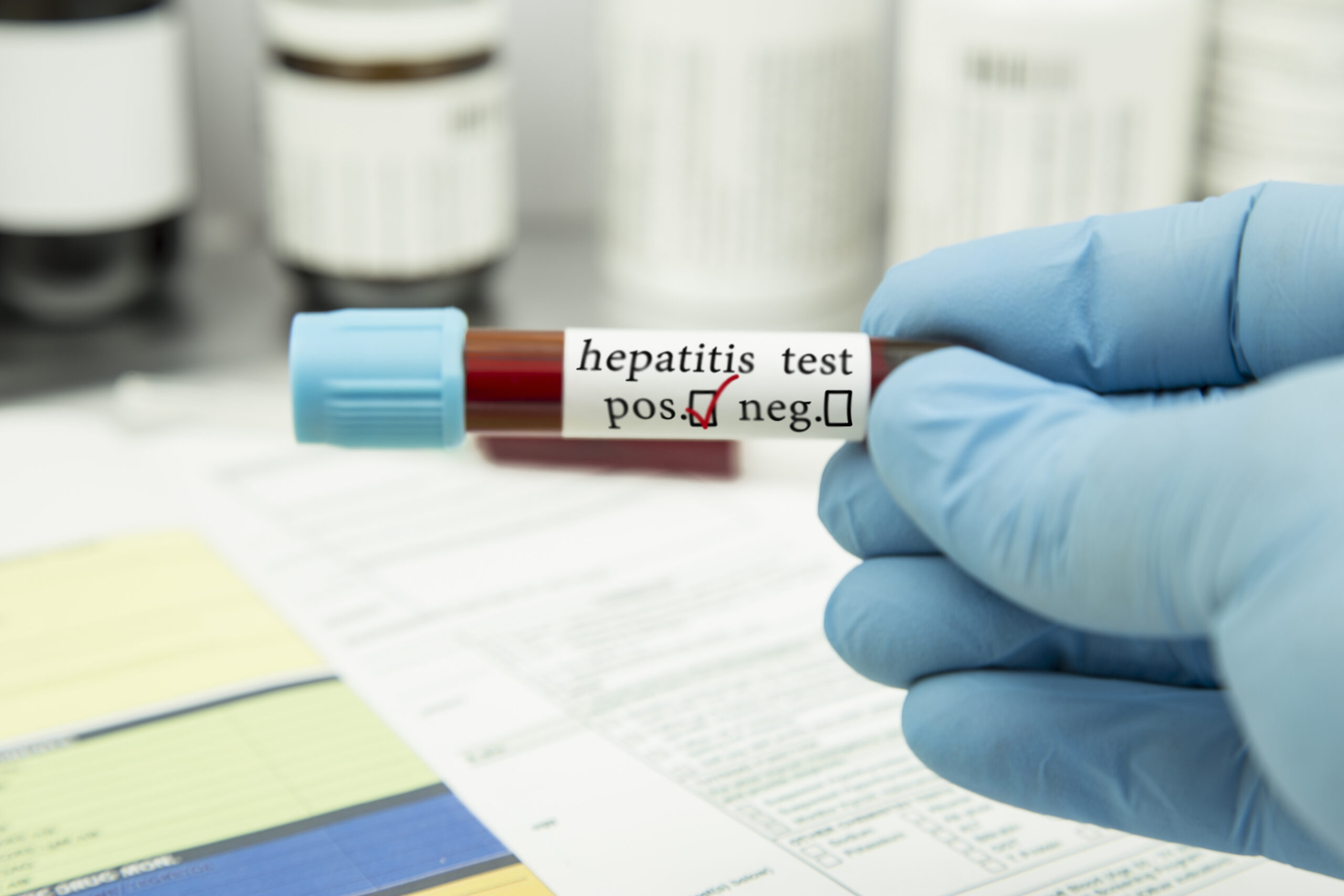- Saturday, July 27, 2024
The report, unveiled at the World Hepatitis Summit, shows a dire reality: “Every day, there are 3,500 people dying globally due to hepatitis B and C infections.”

By: Vivek Mishra
The World Health Organization (WHO) has issued a warning regarding the escalating death toll from viral hepatitis, revealing that the disease stands as the second leading infectious cause of death worldwide, claiming 1.3 million lives annually, which is almost the same as tuberculosis-related fatalities.
According to the WHO 2024 Global Hepatitis Report released on Tuesday, data from 187 countries indicate a concerning rise in deaths attributed to viral hepatitis, surging from 1.1 million in 2019 to 1.3 million in 2022. Of these fatalities, 83 percent were attributed to hepatitis B, with hepatitis C accounting for the remaining 17 percent.
The report, unveiled at the World Hepatitis Summit, shows a dire reality: “Every day, there are 3,500 people dying globally due to hepatitis B and C infections.”
Ten countries—Bangladesh, China, Ethiopia, India, Indonesia, Nigeria, Pakistan, the Philippines, Russia, and Vietnam—bear the brunt of this burden, accounting for nearly two-thirds of hepatitis B and C cases worldwide.
“This report paints a troubling picture: despite progress globally in preventing hepatitis infections, deaths are rising because far too few people with hepatitis are being diagnosed and treated,” said WHO Director-General Dr Tedros Adhanom Ghebreyesus.
“WHO is committed to supporting countries to use all the tools at their disposal – at access prices – to save lives and turn this trend around.”
Updated WHO estimates indicate that 254 million people lived with hepatitis B and 50 million with hepatitis C in 2022; half the burden of chronic hepatitis B and C infections is among people 30–54 years old, with 12 percent among children under 18 years of age. Men account for 58 percent of all cases, the statement said.
Apart from talking about global progress and gaps in diagnosis and treatment, the WHO 2024 Global Hepatitis Report also pointed out disparities in pricing and service delivery, and said funding remains a challenge.
The report outlined a series of actions to advance a public health approach to viral hepatitis, designed to accelerate progress towards ending the epidemic by 2030.
These include: expanding access to testing and diagnostics; shifting from policies to implementation for equitable treatment; strengthening primary care prevention efforts; using improved data for action; and engaging affected communities and civil society among others.
(PTI)